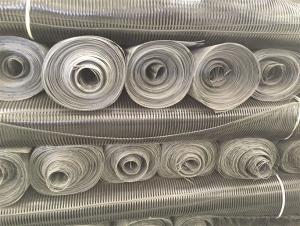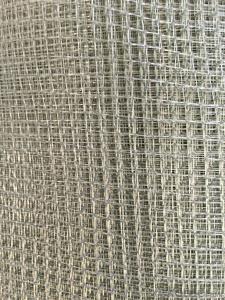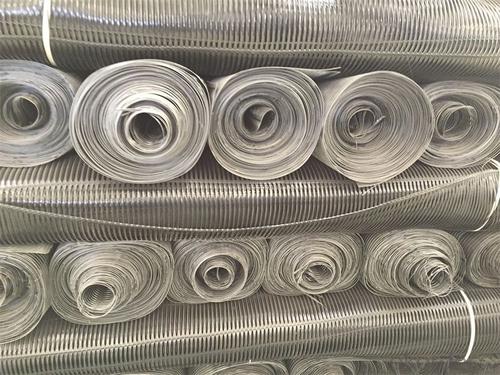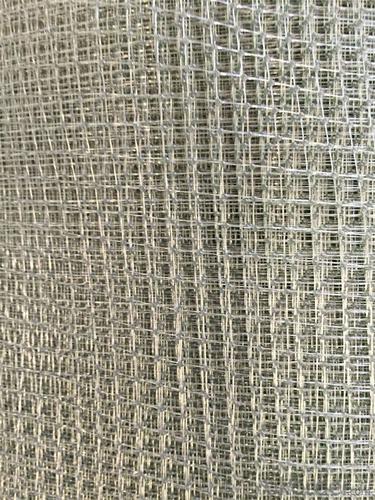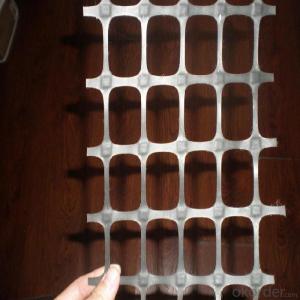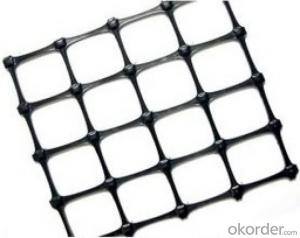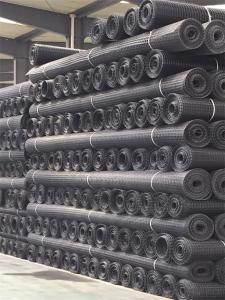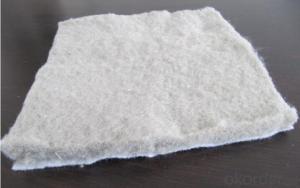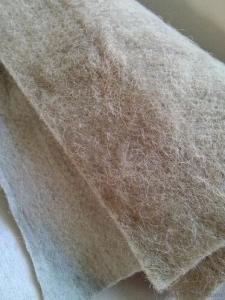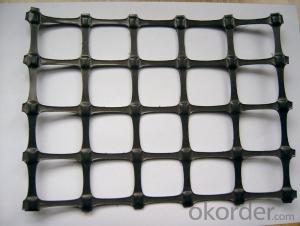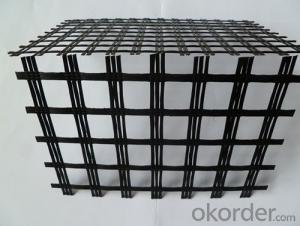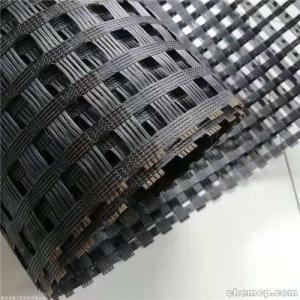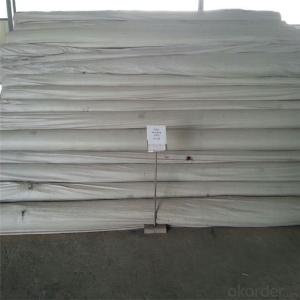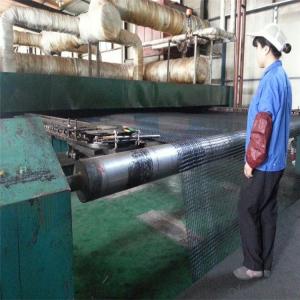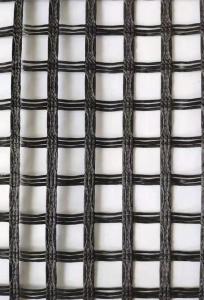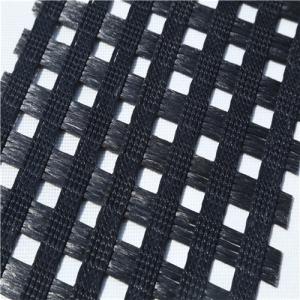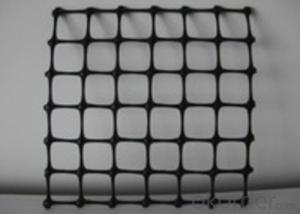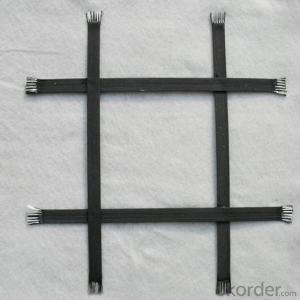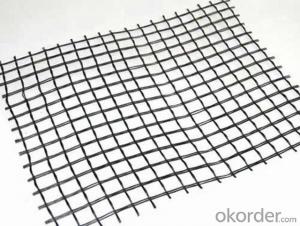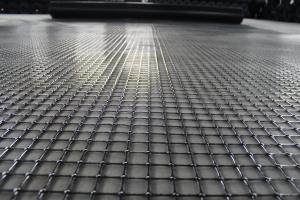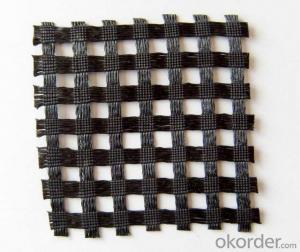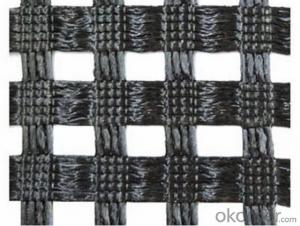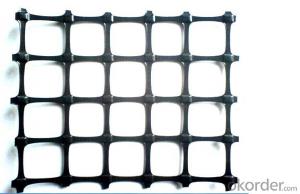Tensar Geogrid prices 100% Polyester 40Kn
- Loading Port:
- Qingdao
- Payment Terms:
- TT OR LC
- Min Order Qty:
- 5000 m²
- Supply Capability:
- 2000000 m²/month
OKorder Service Pledge
OKorder Financial Service
You Might Also Like
100% Polyester tensar Geogrid prices
1.Tensile strength: 15~100KN/M
2.Color:black and etc
3.Material:PP/PE
4.Certificate:CE/ISO9001,14001
Applications of Geogrid:
Make reinforce treatment for various kinds of soft soil foundation to evenly distribute load stress and reduce uneven settlement, not easy to generate static electricity, and flammability property good in the coal mine. It is easy to wash coal.
Used in highway, railway, port, airport and municipal project. Support in the recovery working face of coal mine and roadway in the coal mine.
Index Properties | Test Method | Unit | GG1515 | GG2020 | GG3030 | GG4040 |
MD TD | MD TD | MD TD | MD TD | |||
Polymer | -- | -- | PP | PP | PP | PP |
Minimum Carbon Black | ASTM D 4218 | % | 2 | 2 | 2 | 2 |
Tensile Strength@ 2% Strain | ASTM D 6637 | Kn/m | 5 5 | 7 7 | 10.5 10.5 | 14 14 |
Tensile Strength@ 5% Strain | ASTM D 6637 | Kn/m | 7 7 | 14 14 | 21 21 | 28 28 |
Ultimate Tensile Strength | ASTM D 6637 | Kn/m | 15 15 | 20 20 | 30 30 | 40 40 |
Strain @ Ultimate Strength | ASTM D 6637 | % | 13 10 | 13 10 | 13 10 | 13 10 |
Structural Integrity | ||||||
Junction Efficiency | GRI GG2 | % | 93 | 93 | 93 | 93 |
Flexural Rigidity | ASTM D 1388 | Mg-cm | 700000 | 1000000 | 3500000 | 10000000 |
Aperture Stability | COE Method | mm-N/deg | 646 | 707 | 1432 | 2104 |
Dimensions | ||||||
Roll Width | -- | M | 3.95 | 3.95 | 3.95 | 3.95 |
Roll Length | -- | M | 50 | 50 | 50 | 50 |
Roll Weight | -- | Kg | 39 | 50 | 72 | 105 |
MD denotes Machine direction. TD denotes transverse direction. | ||||||
Property of Geogrid:
1.) Improve roadbed bearing capacity,enlarge road lifetime.
2.) Prevent road collapse and crack
3.) Prevent soil and water loss in slope
4.) Could replace steel-plastic geogrid in coal mine.
Packaging & Delivery
| Packaging Details: | PE film, non-woven fabrics, or nude packing, or as customers' request |
| Delivery Detail: | within 10 days after receiving the deposit |
Geogrid Show:
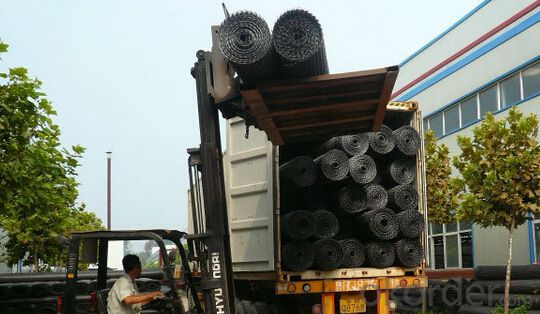
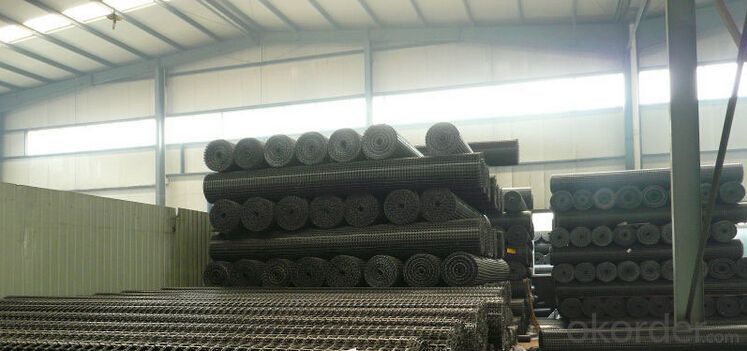
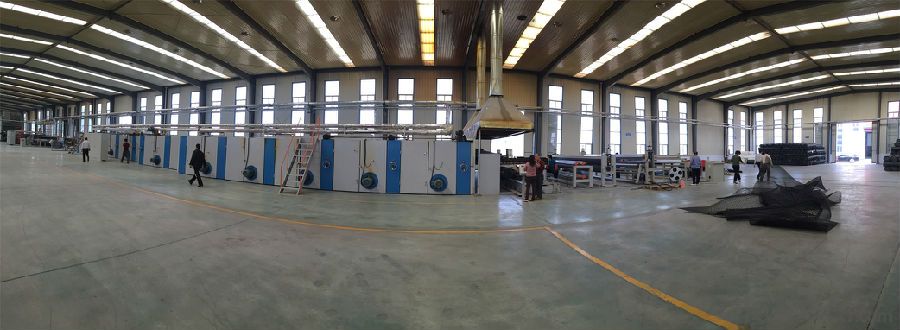
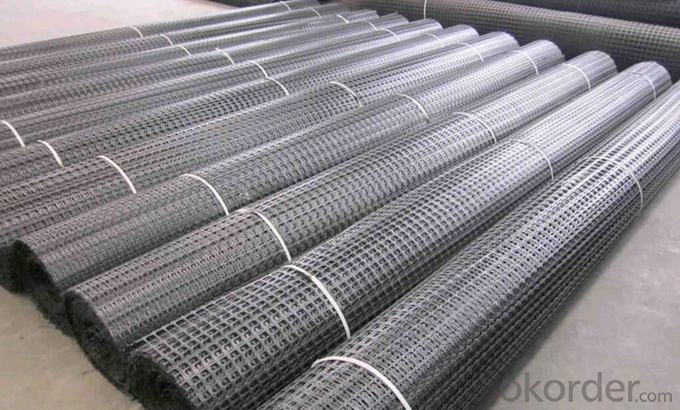
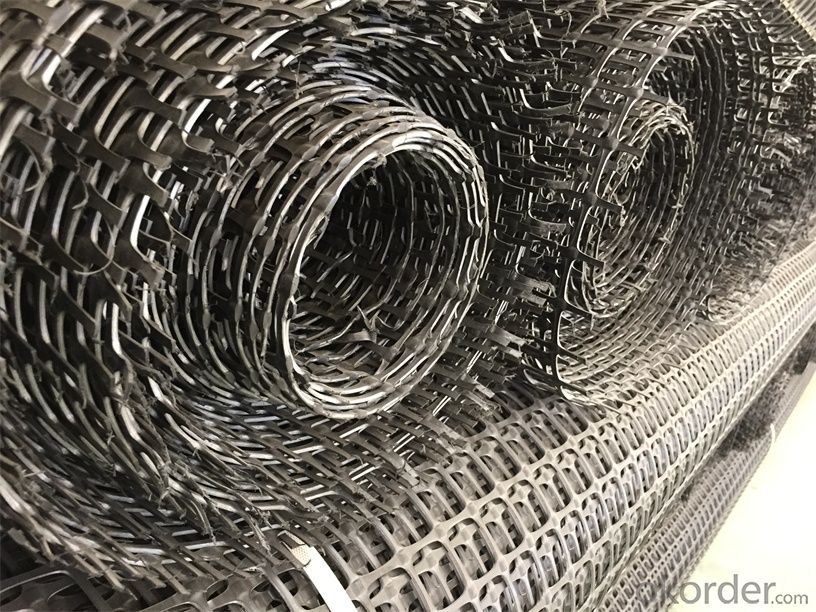
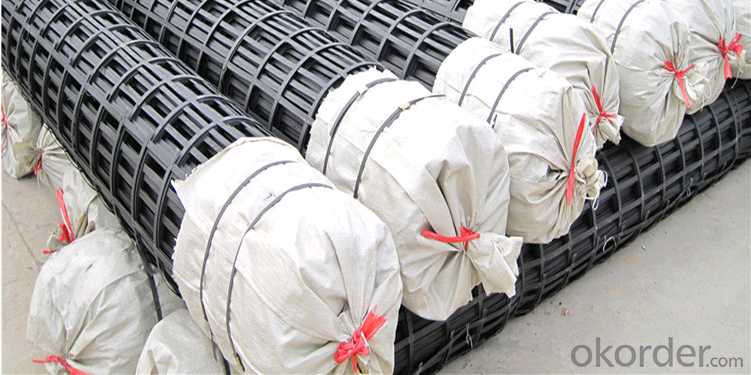
FAQ:
1. How to order your geogrid ?
a). Tensile strength in warp & weft direction
b). Grid size
c). Width and length
d). Quantity
2. Payment term .
a) TT
b) LC AT SIGHT
c) cash
d) 30% contact value as deposit ,the blance 70% be paid after received the copy of bl .
3. Delivery time
a) 19-25 days after received your depsit .
4. What is MQQ ?
a) 2500 m2 as MQQ , we can also produce sample for you .
- Q: How much is the geogrid return
- Generally speaking, the 10-15cm should be judged according to the specification
- Q: What kind of circumstances need to shop geogrid
- Geogrid reinforced soil function, improve the integrity, equivalent to the concrete reinforcement. (corresponding to another material geotextile, play a major role in seepage prevention)
- Q: Are there any specific maintenance requirements for geogrids?
- Yes, geogrids typically require regular inspection to ensure proper functioning and longevity. This may include checking for damage or deterioration, removing any debris or vegetation, and ensuring proper alignment and tension. Additionally, geogrids should be protected from excessive UV exposure and harsh environmental conditions to maintain their effectiveness.
- Q: Can geogrids be used in reinforcement of tunnels and underground excavations?
- Yes, geogrids can be used in the reinforcement of tunnels and underground excavations. Geogrids are commonly utilized in such applications to enhance soil stabilization, reduce soil movement, and provide structural support. They can effectively distribute the load and improve the overall stability and longevity of tunnels and underground excavations.
- Q: What is the difference between geogrids and geotextiles?
- Geogrids and geotextiles are both used in civil engineering and construction projects for soil stabilization and reinforcement, but they differ in their structural composition and primary functions. Geogrids are typically made of high-strength polymers or metals and have a grid-like structure. They are designed to provide tensile strength and stiffness to soils by interlocking with soil particles. Geogrids are commonly used in applications where there is a need for load distribution, such as retaining walls, embankments, and roadways. On the other hand, geotextiles are made of woven or non-woven fabrics and are primarily used for filtration, drainage, and separation of soil layers. Geotextiles allow water to pass through while preventing soil erosion and the mixing of different soil layers. They are frequently employed in applications like erosion control, sedimentation prevention, and drainage systems. In summary, geogrids provide structural support and strength to soils, whereas geotextiles primarily serve as barriers for filtration, separation, and erosion control.
- Q: What is the lifespan of geogrids in typical applications?
- The lifespan of geogrids in typical applications can vary depending on factors such as the type of geogrid, its quality, installation methods, and the environmental conditions it is exposed to. However, geogrids are designed to be highly durable and have a lifespan ranging from 20 to 100 years in most cases.
- Q: Can geogrids be used in floating parking lot construction?
- Yes, geogrids can be used in floating parking lot construction. Geogrids are commonly used in various civil engineering applications, including building parking lots. They help reinforce the ground and distribute loads, making them ideal for stabilizing the soil beneath floating parking lots.
- Q: What are the environmental benefits of using geogrids?
- Geogrids offer several environmental benefits. Firstly, they can help stabilize and reinforce soil, reducing erosion and sedimentation in water bodies, which helps protect aquatic ecosystems. Secondly, geogrids can enable the construction of structures on soft or unstable ground, reducing the need for soil excavation and minimizing disturbance to natural habitats. Additionally, geogrids can enhance the lifespan of infrastructure by distributing loads and reducing stress on the underlying soil, reducing the need for frequent repairs or reconstruction, thus minimizing the consumption of resources and associated environmental impacts. Overall, the use of geogrids contributes to sustainable development and promotes the conservation of natural resources.
- Q: Geogrid GSZ 100 50/PP what does it mean
- 100/50 is vertical and horizontal, a 100KN is a 50KN means, is a special model,
- Q: Can geogrids be used in wastewater treatment applications?
- Yes, geogrids can be used in wastewater treatment applications. Geogrids are often used in the construction of wastewater treatment facilities to reinforce soil and prevent erosion. They can also be used to stabilize slopes and retain walls, which are common features in wastewater treatment plants. Additionally, geogrids are used to reinforce and separate different layers of soil, ensuring the stability and longevity of the wastewater treatment infrastructure.
Send your message to us
Tensar Geogrid prices 100% Polyester 40Kn
- Loading Port:
- Qingdao
- Payment Terms:
- TT OR LC
- Min Order Qty:
- 5000 m²
- Supply Capability:
- 2000000 m²/month
OKorder Service Pledge
OKorder Financial Service
Similar products
Hot products
Hot Searches
Related keywords
